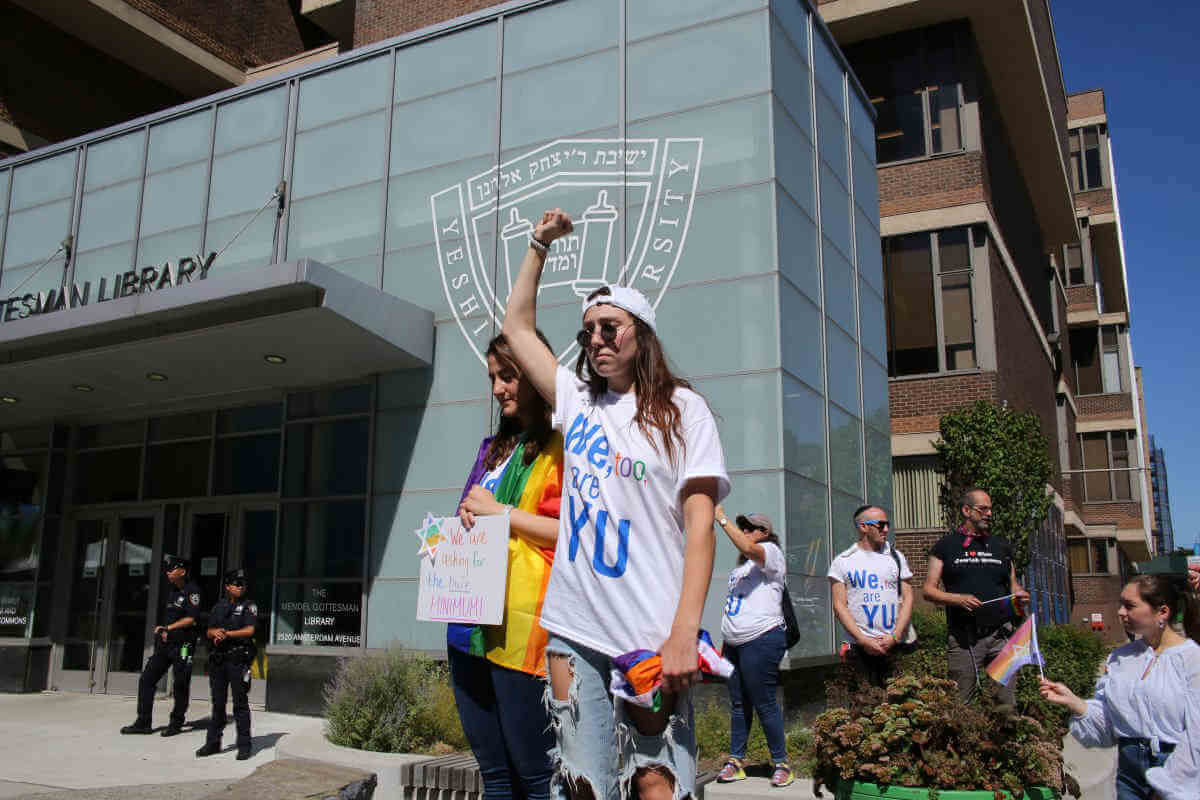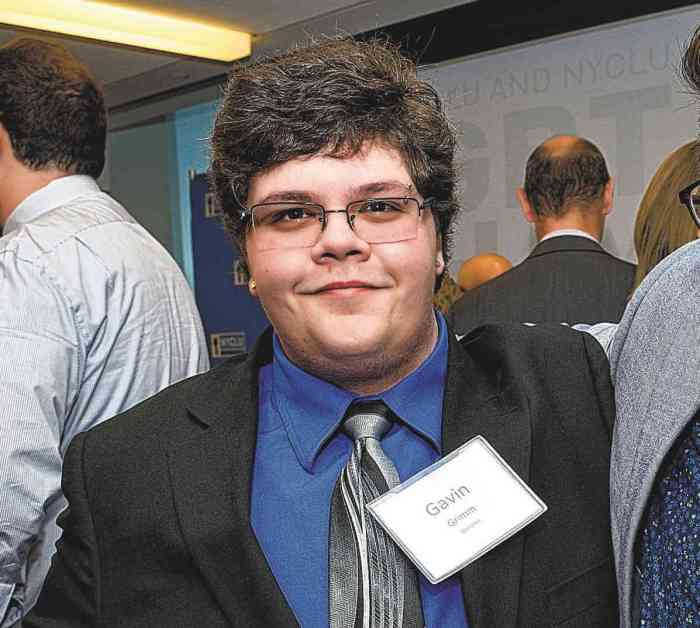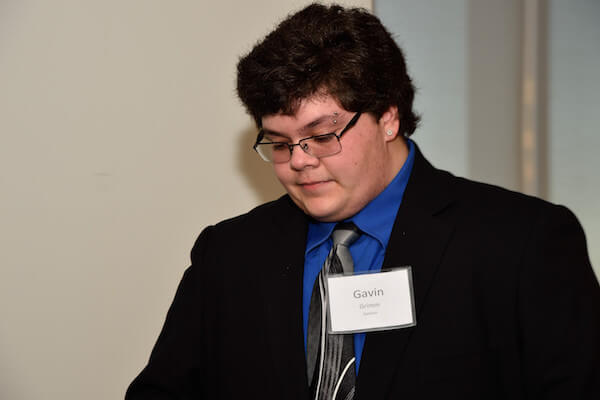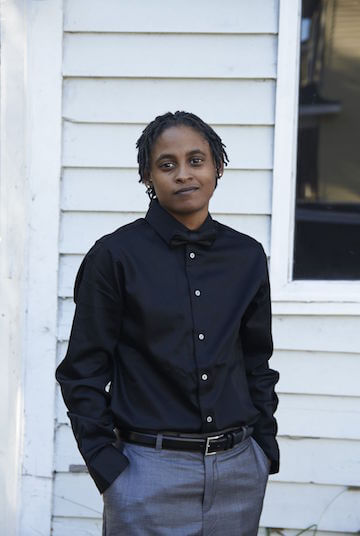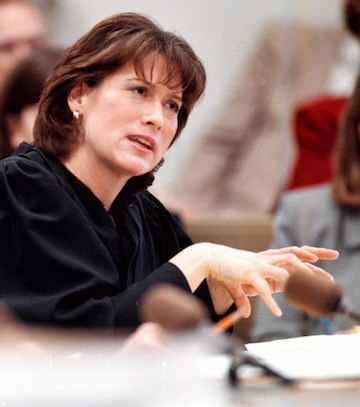Unless it can get a New York State court to quickly intervene, Yeshiva University will be required to recognize the YU Pride Alliance as a student organization at its undergraduate college “immediately” under the terms of a summary judgment order issued by New York Supreme Court Justice Lynn R. Kotler on June 14, according to a 5-4 ruling by the US Supreme Court issued on September 14.
Yeshiva, which describes itself as an Orthodox Jewish university, claims that it is exempt from complying with the New York City Human Rights Law’s public accommodation provision as a religious organization, and that it has a First Amendment right to refuse to recognize Pride Alliance — which is an LGBTQ group — as a matter of free exercise of religion.
The Supreme Court’s unsigned order was accompanied by a dissent by Justice Samuel Alito, joined by Justices Clarence Thomas, Neil Gorsuch, and Amy Coney Barrett. They were outvoted by Chief Justice John Roberts and Justices Brett Kavanaugh, Sonia Sotomayor, Elena Kagan and Ketanji Brown Jackson.
The short September 14 order does not take any position on the merits of the case — neither Yeshiva’s status under the NYC Human Rights Law nor its First Amendment free exercise claim. It is premised entirely on the failure of Yeshiva to exhaust all efforts to obtain a stay from the state courts before seeking one from the US Supreme Court.
Justice Kotler, the state trial judge, found that Yeshiva University’s 1967 certificate of incorporation as under New York State’s Education Law, which states that it “is and continues to be organized and operated exclusively for educational purposes,” precluded it from claiming to be a “distinctly private” religious corporation. The city’s Human Rights Law exempts “distinctly private” organizations from complying with the public accommodation provision, which forbids discrimination because of sexual orientation or gender identity. Although the law says that a “religious corporation” is to be treated as “distinctly private” even if it is incorporated under the Education Law, Justice Kotler noted that the Religious Corporation law defines a “religious corporation” as a “place of worship” that provides “religious services and services to senior citizens,” which does not describe Yeshiva University. Because Yeshiva’s incorporation states that it is operated “exclusively for educational purposes,” she found that it is not a “religious corporation” under this definition. She concluded that Yeshiva’s exemption claim was contradicted by its status under the New York City law and conflicted with statements it had released in the past conceding that it was subject to the Human Rights Law.
She also found that the undergraduate school, despite adhering to various Orthodox Jewish practices in its campus operations, awarded secular bachelor’s degrees and employed faculty and accepted students without respect to religion. Although undergraduate students are encouraged to take courses on Judaism, they are not required and not all students take them, according to Pride Alliance’s brief. The rabbinical seminary from which Yeshiva University grew is separately incorporated under the Religious Corporation Law, according to the brief filed by Pride Alliance with the Supreme Court. Several of Yeshiva’s graduate schools, including its Cardozo School of Law, have recognized LGBT student groups.
After Justice Kotler ruled, Yeshiva, arguing that regardless of all these legal formalities it is a religious institution, sought to get Kotler’s injunction stayed pending an appeal, and has filed an appeal of her summary judgment ruling in the Appellate Division in Manhattan, which will be hearing arguments soon. Meanwhile, Yeshiva sought to have Kotler’s ruling stayed, but has so far been unable to obtain a stay from the Appellate Division or the Court of Appeals, mainly due to their attorneys’ procedural lapses in seeking relief. The clerk of the Appellate Division returned their improperly filed papers on August 25 with instructions about what to file, but according to the brief filed by Pride Alliance’s lawyers in the Supreme Court on September 2, Yeshiva had not, as of then, filed the papers as instructed. Their attempt to leapfrog the Appellate Division by applying directly for a stay from the Court of Appeals was denied by the judge to whom it was presented.
Apparently desperate and frustrated because the start of the fall semester at the University was looming, Yeshiva applied to Justice Sotomayor, who is assigned to hear applications and motions from the Second Circuit, which includes New York. She granted a temporary stay on September 9, but referred the matter to the full court, which acted on September 14.
The order explains: “The application is denied because it appears that applicants have at least two further avenues for expedited or interim state court relief.” They can ask the Appellate Division to “expedite its consideration of the merits of their appeal” or they can file a motion for permission to appeal the denial of a stay to the Court of Appeals, and ask the Appellate Division to expedite consideration of that motion. The order concludes, “If applicants seek and receive neither expedited review nor interim relief from the New York courts, they may return to this Court.” In his dissent, Justice Alito points out that even if expedited these proceedings could take weeks to run their course, during which Yeshiva would be required by Justice Kotler’s order to recognize the Pride Alliance which, he argued, would be a clear violation of Yeshiva’s First Amendment rights.
Justice Alito’s dissent radiates outrage. His Free Exercise jurisprudence, as reflected in several Supreme Court opinions, assigns free exercise of religion to a preferred position among constitutional rights, and it is difficult to find any case where he has voted against a Free Exercise claim. His introductory paragraph mischaracterizes Justice Kotler’s ruling by attributing to it statements voiced by YU Pride Alliance organizers as their goal in starting the organization, and suggesting that in this case “New York” has enforced “its own preferred interpretation of Holy Scripture,” which verges on the bizarre, since Justice Kotler’s decision takes no position on the requirements of “Holy Scripture,” which is not a source of law in the United States under the First Amendment’s prohibition on an “establishment of religion.”
However, some of Alito’s assertions are undoubtedly correct as a matter of Supreme Court realpolitik. He says that if Yeshiva presents a petition for certiorari (a formal application to the Supreme Court to review the merits of the state court’s decision once there is a final judgment that cannot be appealed further in the state court system), the four dissenting justices will vote for it, which is all that is required to put the case on the Supreme Court’s active hearing docket. Furthermore, he wrote, “Yeshiva would likely win if its case came before us. A State’s imposition of its own mandatory interpretation of scripture is a shocking development that calls out for review. The Free Exercise Clause protects the ability of religious schools to educate in accordance with their faith.” Once again, of course, Alito was mischaracterizing what Justice Kotler had done, but nonetheless he was signaling that the majority of the Supreme Court almost invariably rules in favor of Free Exercise claims, normally picking up the votes of Justice Kavanaugh and Chief Justice Roberts to add to the four dissenters.
But, as Pride Alliance successfully argued in its brief, it is possible that the Appellate Division or the Court of Appeals might agree with Yeshiva that despite the technicalities in Justice Kotler’s analysis, Yeshiva qualifies as a “distinctly private” organization based on its religious nature and is thus exempt from the public accommodation provision, obviating any need for the Supreme Court to weigh in on Yeshiva’s Free Exercise claim and eliminating any “federal question” for Supreme Court jurisdiction.
There is much more that could be said about Alito’s dissent, which concludes, “It is our duty to stand up for the Constitution even when doing so is controversial,” but it suffices to say that YU Pride Alliance’s victory is temporary. If Yeshiva moves quickly to put its request for expedited consideration of a stay before the Appellate Division and the Court of Appeals, it is possible that a stay will be granted while Yeshiva’s appeal of Justice Kotler’s summary judgment decision proceeds, despite Alito’s expressed “doubt that Yeshiva’s return to state court will be fruitful.”

